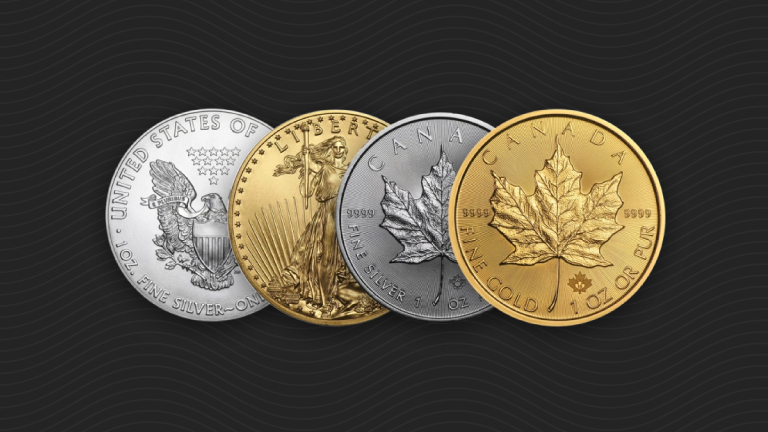
Peter Schiff: Trump Is Setting Himself Up as the Fall Guy (Video)
Peter Schiff recently appeared on InfoWars with Alex Jones and took on the notion that Pres. Trump is in the process of fixing the economy. In fact, Peter pushed back hard against Alex, saying we are on the verge of a crash and Trump is going to get the blame. I agree with you. The […]









